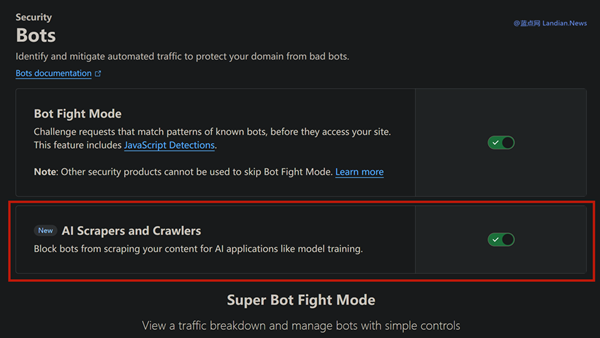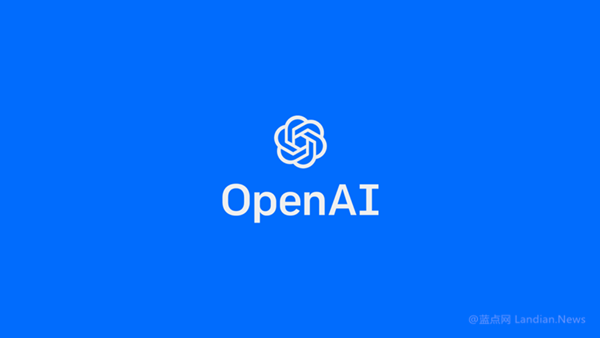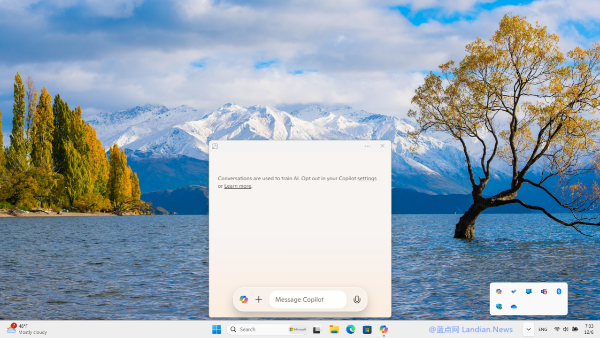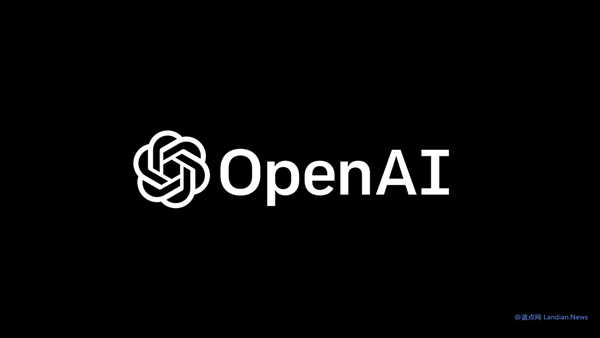OpenAI Develops More Control Permissions for ChatGPT Enterprise Edition Including Data Editing and Audit Tracking
OpenAI is now offering enhanced control permissions for ChatGPT Enterprise users, allowing enterprise IT administrators, compliance teams, or security teams to implement various permission controls and data logging through integrated third-party vendors as needed.
For instance, IT administrators can control which domains employees’ accounts can connect to, which GPTs to create, manage user groups, shared permissions, delete GPTs, transfer ownership, and approve the use of GPTs provided externally.
Developing these features is also a way for OpenAI to attract more enterprise subscriptions to ChatGPT, as many businesses have strict internal security controls and need to comply with various regulatory statutes such as GDPR.
Especially large and multinational corporations, which need to comply with different regulatory statutes in different markets, must undergo rigorous evaluation before using ChatGPT to ensure no legal terms are violated.
In addition to the various permission controls directly provided by OpenAI, a significant change is the development of a compliance API for ChatGPT Enterprise Edition. This API can offer various functionalities.
The preliminary functionalities include recording conversations with timestamps, uploading files, metadata, interactions with ChatGPI memories, and workspace users. These records allow enterprises to audit the various data shared on ChatGPT.
The API can also be integrated with third-party vendors, which can then offer additional features such as data archiving, audit tracking, data editing, retention, and policy enforcement.
OpenAI claims that even industries under strict regulation can use these new features and API to meet the requirements of GDPR, HIPAA, FINRA, and also provide written records for corporate legal teams, proving that personal data meant to be deleted has been removed.
Starting this week, the new permission controls and API for ChatGPT Enterprise Edition will gradually become available to enterprise subscription users, and enterprise IT administrators can check these new settings in the backend.

![[Online Tool] Clay Filter AI – Quickly Convert Your Photos into Clay Animation Style (Free)](https://img.lancdn.co/news/2024/05/2049T.png)








